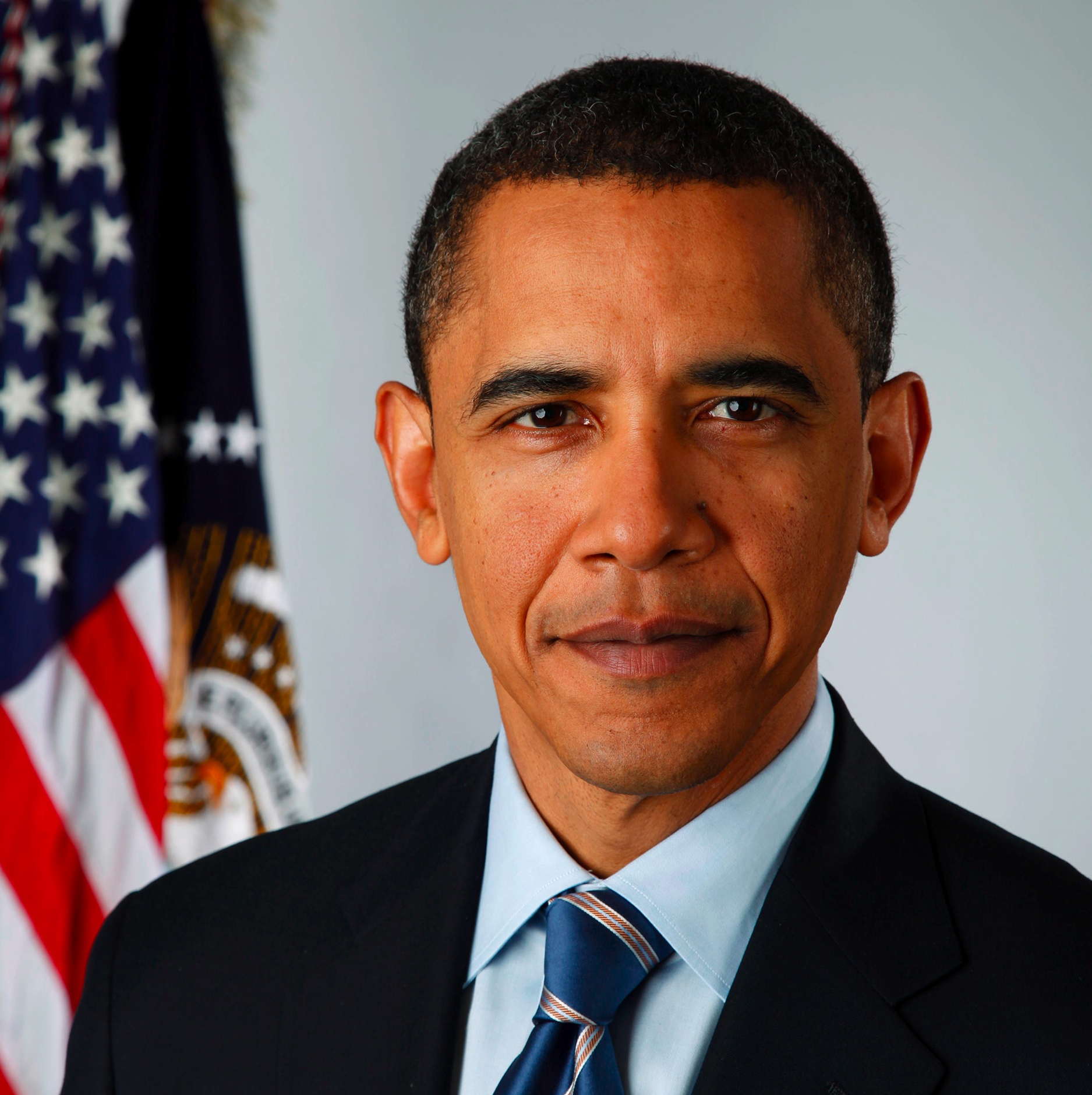The new Congress has been making up for lost time on climate change. Senators and Representatives have been rushing to get a cap-and-something passed this year.
At the same time there are fears that it may be impossible to build a filibuster-proof majority in the Senate for a good climate bill, leaving greens with two options: either accept a bad bill, or accept inaction.
But things might not be as bad as they seem.
In a report released today, the Institute for Policy Integrity at New York University School of Law found that if push comes to shove, Obama could create a cap-and-trade system on his own, complete with auctions and the ability to sign an international agreement.
This means that if the Senate refuses to agree to meaningful action on climate change, there is another option available. Obviously this is not ideal—legislation would provide a better democratic “stamp” and help ensure the longevity of the policy. But at the end of the day, with climate tipping points breathing down our neck, and the Copenhagen summit looming large, it is good to know that our President could pull the trigger.
At the same time that the Obama administration has the option to create a cap-and-trade system, it is also under a strict timetable to begin regulating greenhouse gases from a host of sources. First cars, then marine vessels and aircraft, and eventually stationary sources. Many of these mandatory requirements of the Clean Air Act can only be fulfilled by command-and-control regulation—which businesses hate because they are more costly and constrain flexibility. By law, EPA will eventually have to choice but to regulate. If industry wants to avoid these regs, then, they will have to go through Congress.
As EPA moves closer to adopting greenhouse gas regulation, it will continue to turn up the heat on Congress. Industry will want to avoid costly regs, and the status quo for greens shifts from total inaction to regulation by EPA—giving them greater ability to say no to a bad deal.
EPA’s top priority should be to meet its legal obligations while giving Congress enough breathing room to legislate. But, by moving forward with smart regulation, it will add pressure on Congress that may finally be enough to overcome its inertia.



